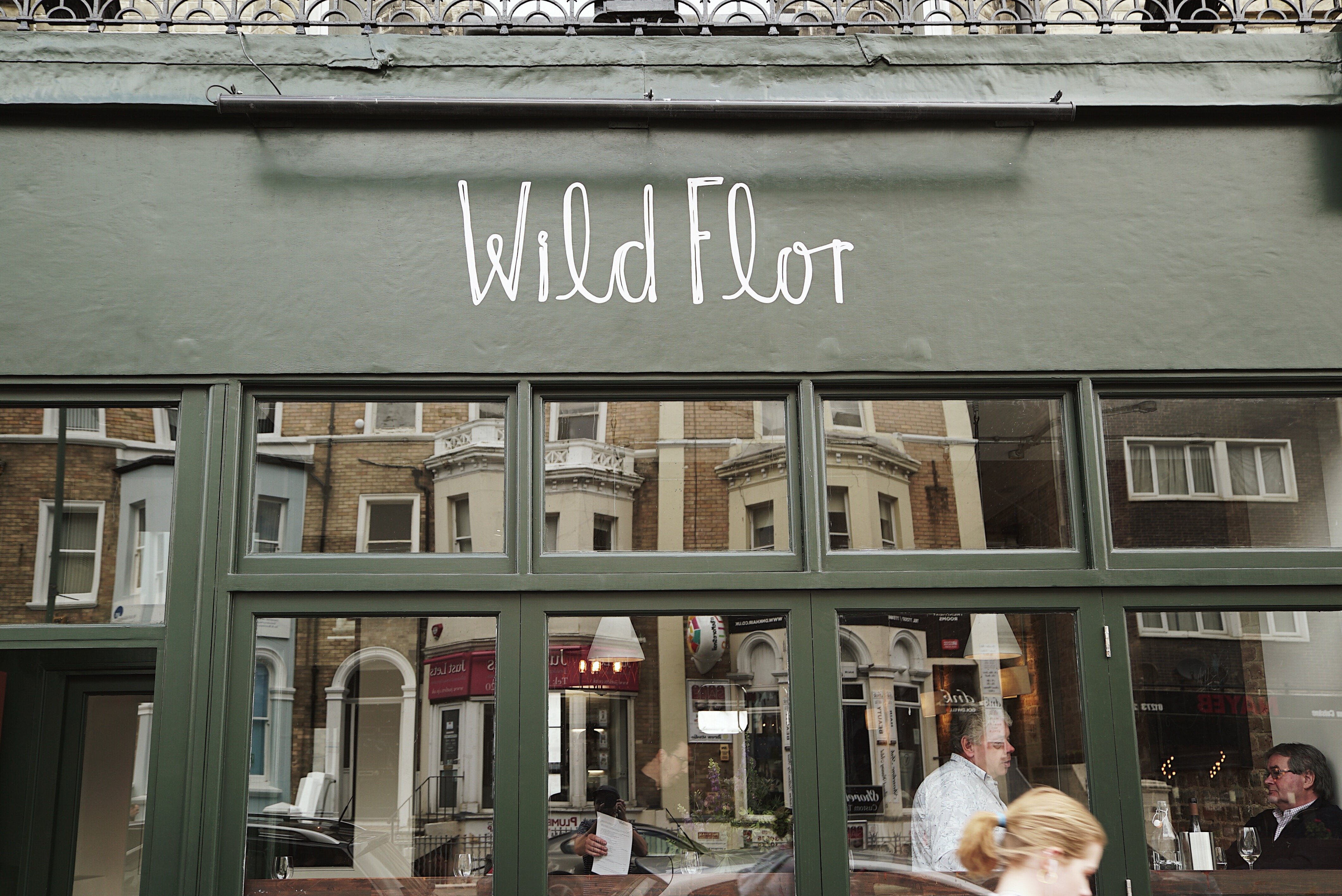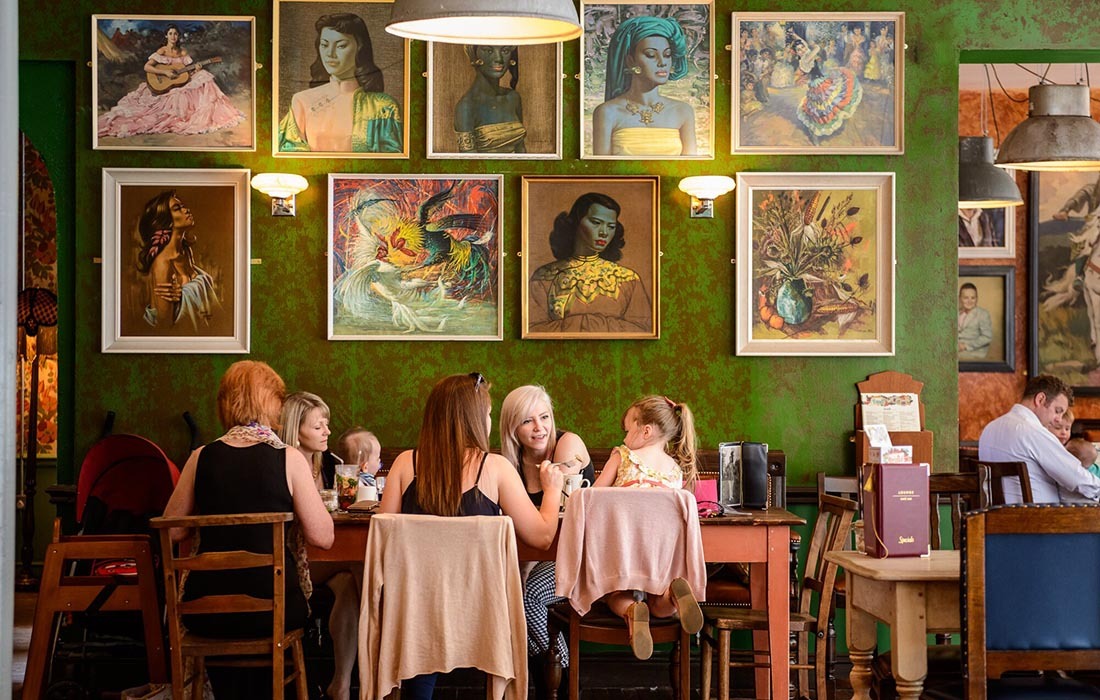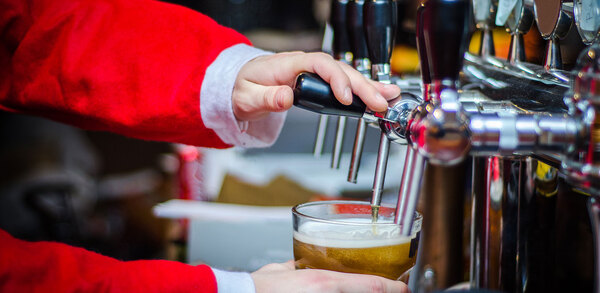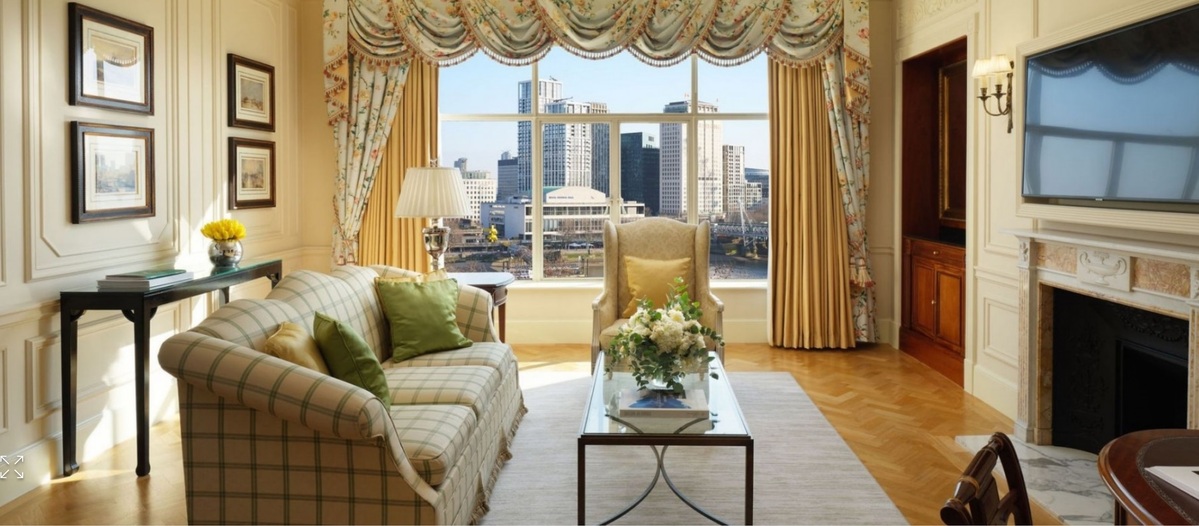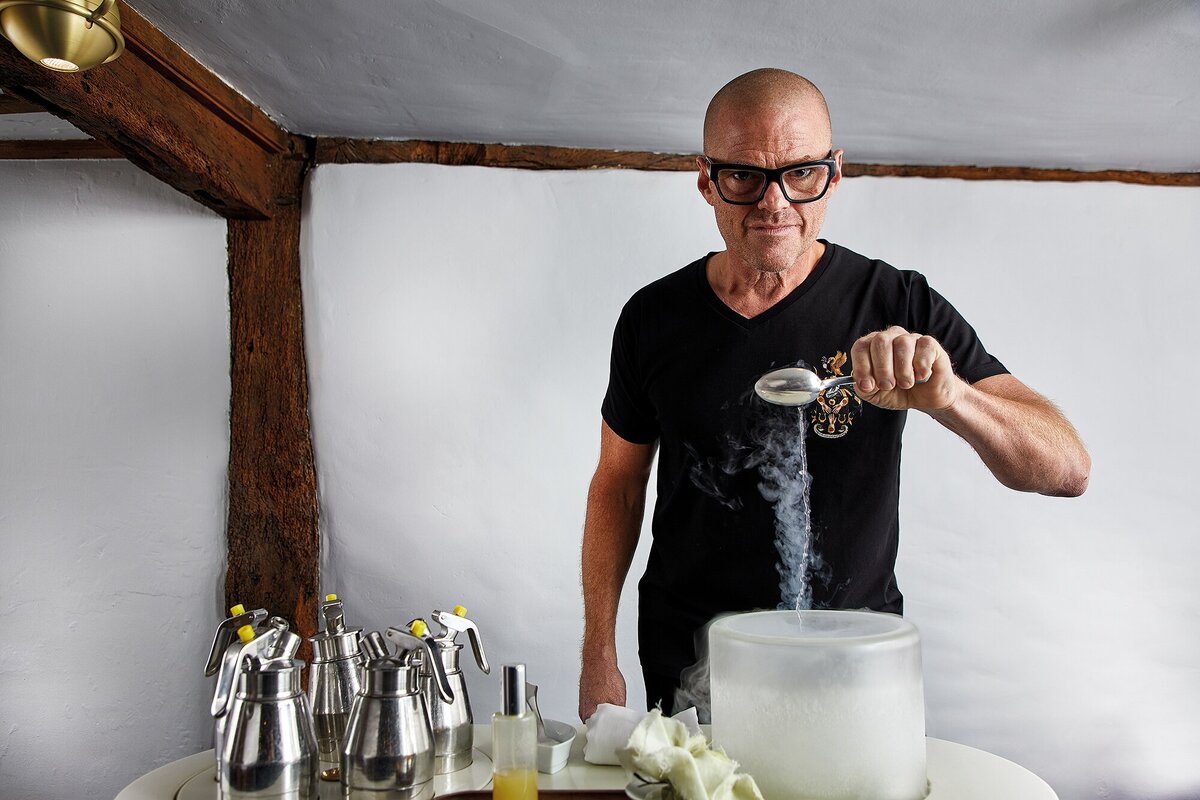Chefs drop set menus and remove dishes amid cost of living crisis
Restaurants have dropped menu items or set menus altogether in a bid to tackle soaring inflation and a drop in trade from cost-conscious customers.
James Thomson, owner of Wild Flor in Brighton, swapped out set menus for à la carte in January.
“It’s hard to quantify [the effect of the change], because generally speaking, trade is sitting about 25% to 30% lower than it was at this stage last year, but I think if we hadn’t [switched] that percentage would have been greater,” said Thomson.
He added trade on every day “apart from Saturday night effectively has dropped off,” with covers on a Friday night sitting at roughly 35 over the past few months, compared to 60 and 70 last summer.
The team tried to offer three courses under £50, which meant “holding at £48” and allowing “the price to dictate what we could put on the menu”, but Thomson said prices “fundamentally had to go up” due to the energy crisis and food price inflation “across the board”.
The cost of cheese and dairy has increased between 10% and 30%, while a fortnightly delivery of cooking oil now costs £140, compared to £60 a year ago, Thomson revealed.
He said this made it challenging for Wild Flor to maintain its reputation as an “accessible bistro”, with similar set menu price-points to “Chez Bruce or Trinity” in London’s Clapham.
“We may well return [to set menus] at some point in the future, but not this year. If that price tag means we’re really considered top fine dining for the city, we need to run away from that,” he explained.
Thomson said: “People don’t talk particularly publicly about what margins they are trying to hit, but 70%, 71% and 72% used to be kind of industry norm. For us to operate successfully and viably, it needs to be at 75% or 76%. We don’t want to be charging increasing costs onto our dishes, but we don’t have a choice. It’s mental – I’ve never known anything like it.”
“We are permanently tied as to how much we can charge for things in the public eye. We need to make people aware that we don’t want to be doing this, but we have to do this to survive,” he added.
Since the move to à la carte, some of the pressure has gone, but Wild Flor has focused on whole animal butchery and bringing more processes in-house to create the restaurant’s own “mini economy”.
It comes after chef Gary Usher revealed this week he has ditched set menus at his seven-strong Elite Bistros restaurant group after it became “impossible” to offer a balanced choice amid the soaring cost of ingredients.
Usher said spend per head had decreased by 25% in recent months and predicted the change would see it drop further, but he wanted the restaurants to remain “accessible” to more people.
Some chefs have dropped certain menu items to cut costs, with Dave Marrow, co-owner of Embers in Brighton, swapping out nduja on his chicken leg for Aleppo chilli, which he said is “more cost-effective” and “works better”.
Since opening ten weeks ago, Marrow had noticed prices “fluctuating” with some dried goods going up by a pound between weeks, while lamb has become more expensive.
Michel Roux Jr told The Times he had removed lobster mousse with caviar from his menu at Le Gavroche because the restaurant was “making less than £10 on each one and it was very time-consuming to create”.



